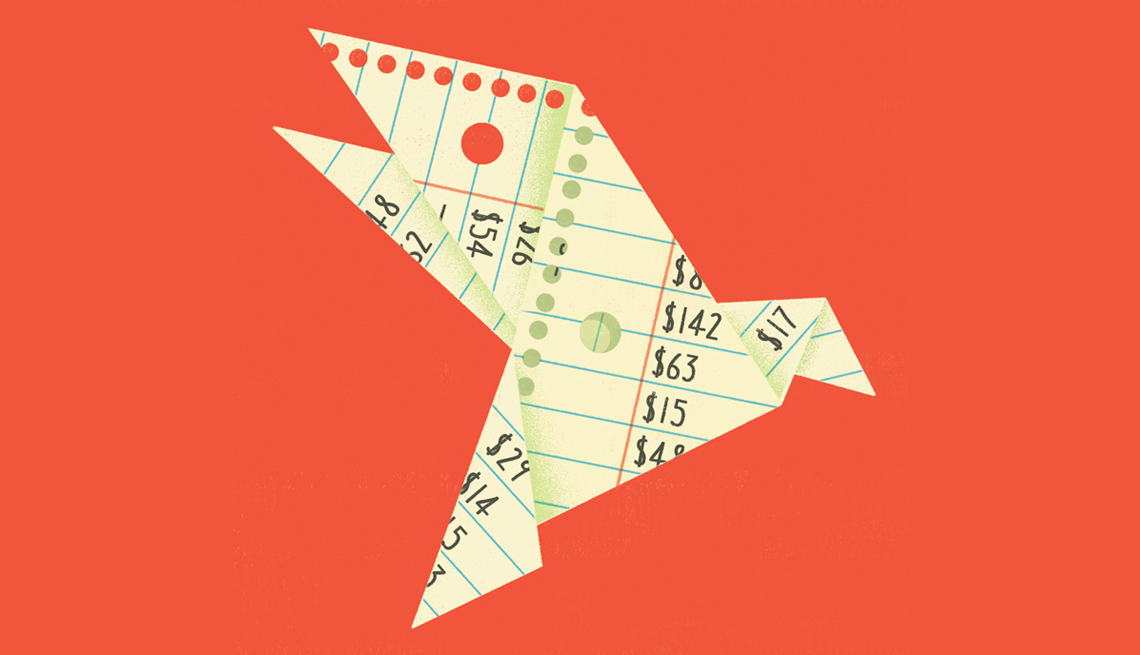
Ask ‘why? ’ before you buy to control impulse spending
- Select a language for the TTS:
- UK English Female
- UK English Male
- US English Female
- US English Male
- Australian Female
- Australian Male
- Language selected: (auto detect) - EN
Play all audios:

Her main motivation, she says, is to “always be saving money for the future.” By logging her spending daily, “I know how much I have to spend,” she says, “and I know that at the end of the
month that I will have money left." Keeping a money journal “helps me be more mindful in my spending,” says Sarah Harvey, a Londoner who became familiar with kakeibo while living in
Tokyo and who describes the practice in her book _Kaizen: The Japanese Method for Transforming Habits One Step at a Time_. In her own money journaling, she focuses on the emotional triggers
that make her spend. Before she buys anything, she asks herself a series of questions designed to help her separate the logic behind her purchases from her moods. Kakeibo, modified or not,
can work for many of us. You can buy (last impulse purchase, I promise) an inexpensive kakeibo journal, or you can use a blank notebook and format it yourself. During each month, track every
single expense by writing it in the notebook and classifying it in one of these four categories: needs, wants, culture (which includes classes, books, concerts, learning experiences and the
like) and unexpected expenses. Or create your own categories so you can track expenses your way. I like that kakeibo considers “culture” an important category of its own; it's not
quite a need but more important than a want. This ties in closely to a lot of academic research that shows spending on experiences seems to produce more lasting joy than spending on material
things. It also gives weight to the importance of culture and learning in our society. You don't have to journal forever; Roggio quit writing down all his expenses within a year. Once
you've spent a few months exhaustingly tracking your expenses, you probably can switch back to an automated method of household accounting or modify your spending without so much
recordkeeping. He now occasionally pulls out a category he knows is a risk to his budget, such as restaurant eating, and tracks that on paper. Finally, take that detail-driven approach with
you when you shop, suggests Harvey. Before she buys anything, she does a gut check to make sure she can afford it and that she's not buying for the wrong reasons – like boredom or
anxiety. After all those COVID months of emotional spending, I know that the buzz you get from buying doesn't last as long as the satisfaction of having a growing savings account.
_Linda Stern, former Wall Street editor for Reuters, has been covering personal finance since the 1980s._
